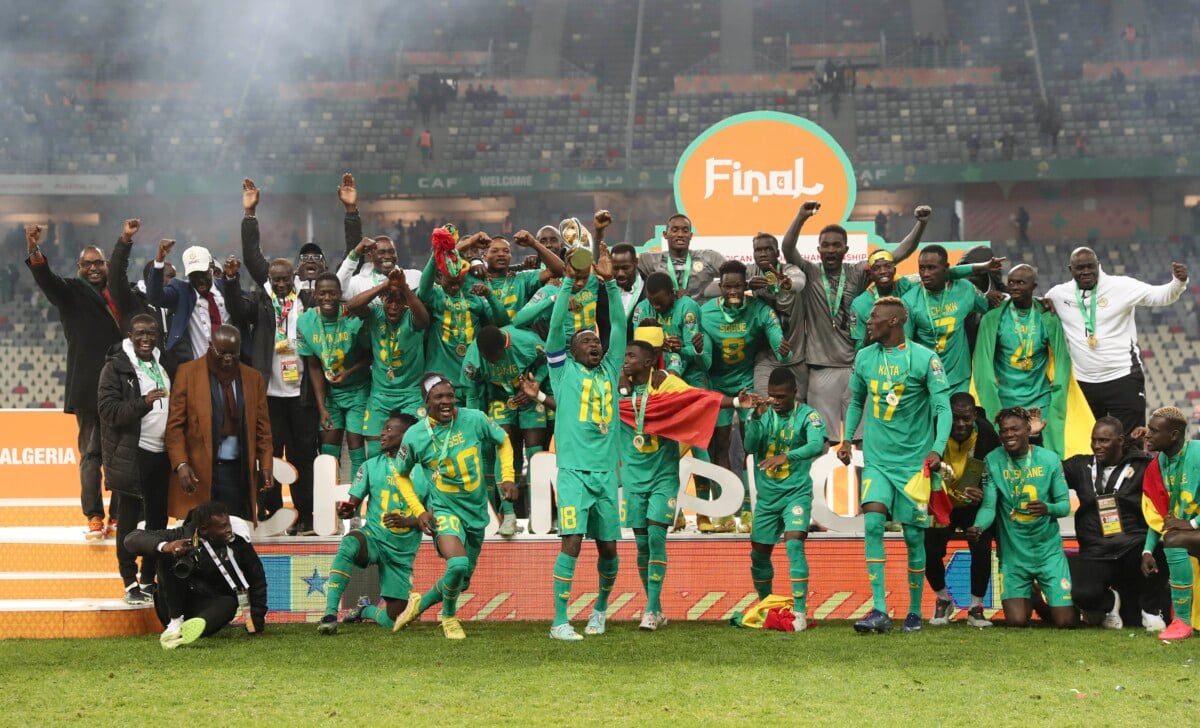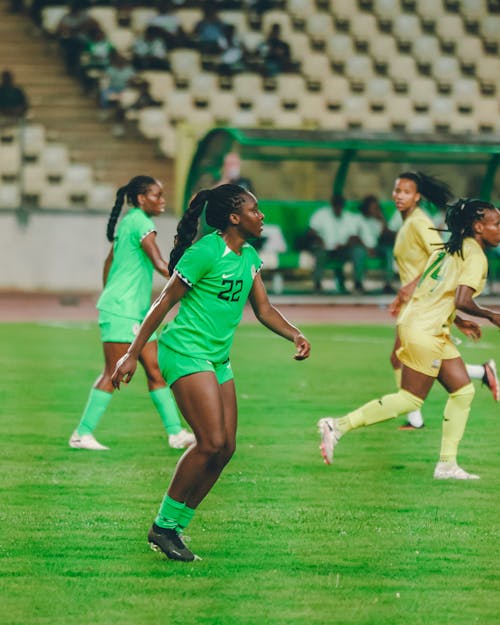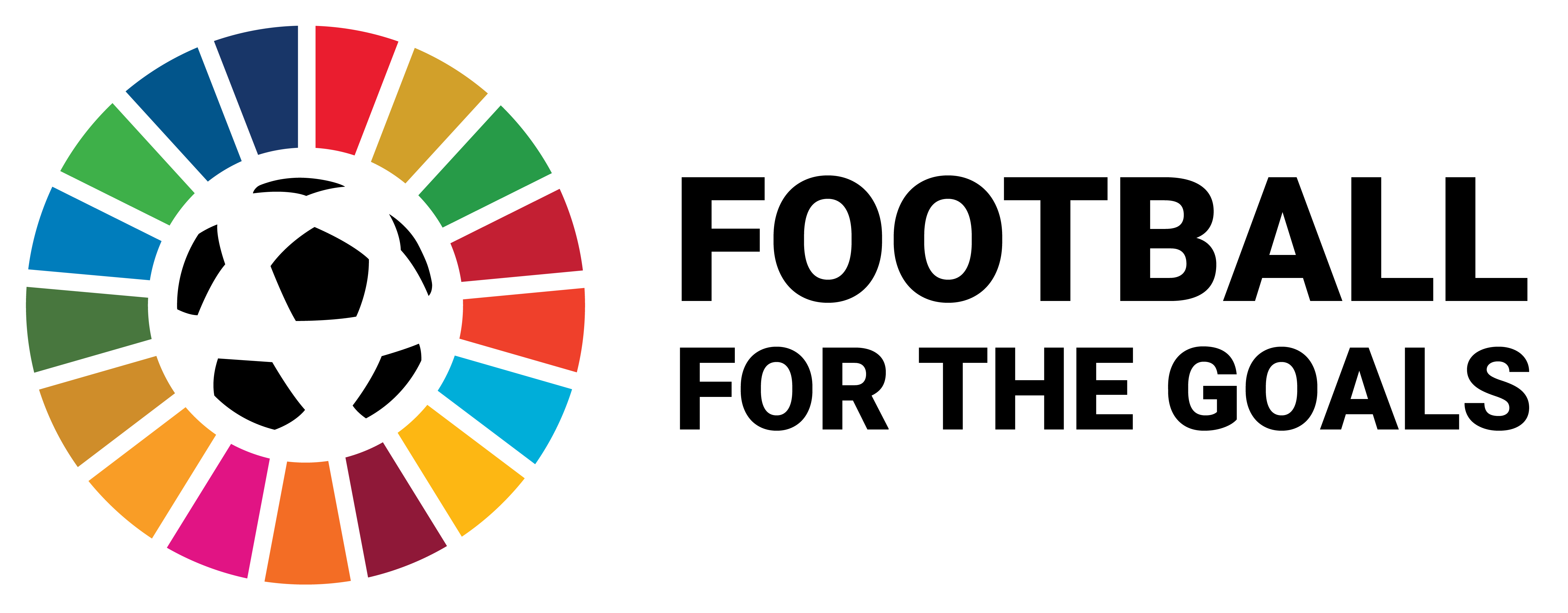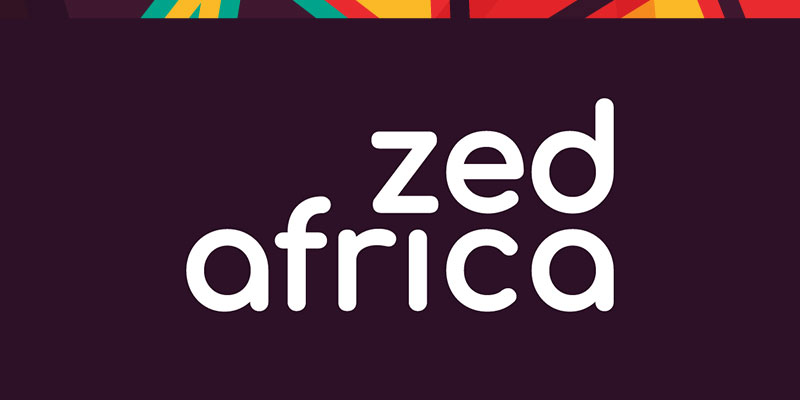
The recent postponement of the 2025 African Nations Championship (CHAN) to August has once again raised questions about the sustainability and efficiency of the African football calendar. While CHAN has served as a platform for showcasing locally-based talent, its relevance and viability within the broader football ecosystem must be revisited. This postponement is an opportunity to conduct a thorough analysis of African football’s scheduling and resource allocation, paving the way for a bold reimagining of its flagship tournaments.
Scrapping CHAN: Unlocking Resources for Regional Growth
CHAN, introduced in 2009, was designed to provide a stage for players active in their domestic leagues. However, its impact has been limited, both in terms of player development and commercial appeal. Hosting CHAN every two years has proven financially and logistically burdensome for many nations, diverting resources that could be better utilised elsewhere, especially in the post-COVID era.
Moving AFCON to a 4-Year Cycle
The Africa Cup of Nations (AFCON), held every two years, is the crown jewel of African football. Yet, the current biennial format strains already limited resources and leaves little room for innovation in scheduling or preparation. Moving AFCON to a four-year cycle would make the tournament more prestigious, comparable to the FIFA World Cup or UEFA European Championship, and enhance its global appeal. As the situation stands, AFCON 2025 will now be played into 2026, with AFCON 2027 scheduled for Kenya, Uganda and Tanzania, with no dates set yet.
Redirecting the resources allocated to CHAN into regional competitions would create a more sustainable framework. Regional tournaments, tailored to local realities, are more cost-effective and accessible. They allow for closer engagement with grassroots football communities and foster the kind of competitive rivalries that ignite local passion. Over time, strong regional competitions can serve as the building blocks for a robust African football ecosystem.
A four-year cycle also allows for:
- Better Scheduling: Aligning the tournament with weather patterns ensures it is held during the optimal season for the host country, avoiding disruptions like extreme heat or rainfall. The postponement of AFCON 2023 due to weather concerns is a case in point.
- Improved Quality: Longer intervals between tournaments provide more time for planning, infrastructure development, and talent nurturing, ensuring higher-quality competitions.
- Enhanced Commercial Value: Scarcity creates demand. A less frequent AFCON could attract more significant sponsorship, broadcasting deals, and fan engagement, benefiting African football financially.
Unlocking Resources for Women’s Football
Reallocating resources from CHAN and restructuring AFCON would create new opportunities to invest in women’s football. This rapidly growing area requires a different approach that avoids the pitfalls seen in the development of men’s football, where excessive focus on competition often overshadows sustainable growth. Instead, emphasis must be placed on capacity-building, ensuring coaches, referees, and administrators are adequately trained while prioritising infrastructure and facility development at local and regional levels. Developing women’s football with a deliberate and cautious strategy will grow the game and create lasting social and economic benefits for African communities.
Adapting to Socio-Economic Realities
Africa’s diverse socio-economic and climatic conditions demand a flexible approach to football governance. The current calendar, with rigid timelines and frequent tournaments, places undue strain on host nations and stakeholders. A recalibrated football calendar, focusing on regional tournaments and a reimagined AFCON, aligns better with Africa’s realities and provides a sustainable pathway for growth.
Charting the Way Forward
For these changes to take root, CAF and its member associations must embrace a consultative approach, engaging stakeholders from players and coaches to sponsors and fans. Investment in regional competitions and women’s football must be matched with robust governance structures and equitable resource distribution to ensure long-term success.
The postponement of CHAN 2025 should not be viewed merely as a setback but as an opportunity to overhaul the African football calendar. By scrapping CHAN, investing in regional competitions and women’s football, and transitioning AFCON to a four-year cycle, African football can unlock its full potential, aligning with the socio-economic realities of the continent and ensuring its place on the global stage.
African football has a rich history and an even brighter future. Bold, forward-thinking decisions today will ensure that the continent’s passion for the game translates into sustainable growth and lasting global recognition. It’s time for CAF and all stakeholders to rise to the challenge.

 Back to Blog
Back to Blog 







